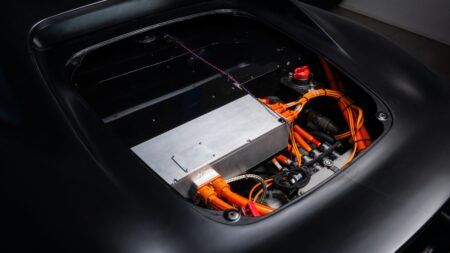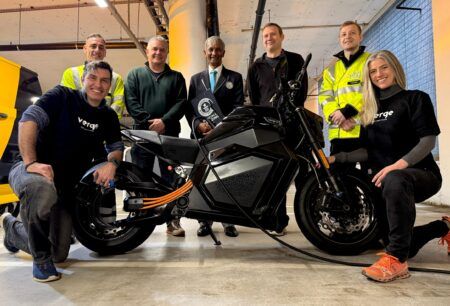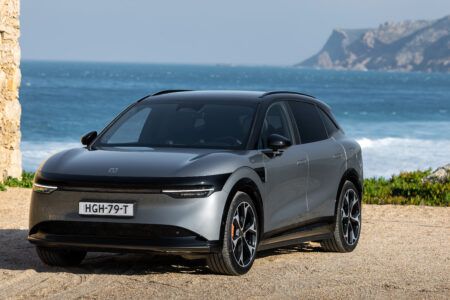Toyota will assemble an all-new, three-row, battery electric SUV at Toyota Kentucky starting in 2025. The company’s first U.S.-assembled BEV will be powered by batteries from Toyota North Carolina. The new battery plant, which is currently under construction, will receive an additional $2.1 billion investment to support the company’s drive toward carbon neutrality.
“We are committed to reducing carbon emissions as much as possible and as soon as possible,” said Ted Ogawa, president and chief executive officer, Toyota Motor North America. “To achieve this goal, customers must have access to a portfolio of options that meet their needs now and in the future. It is exciting to see our largest U.S. plant, Toyota Kentucky, and our newest plant, Toyota North Carolina, drive us into the future together with BEV and battery production for our expanding electrified line-up.”
The decision to assemble a BEV in the U.S. demonstrates the company’s belief in electric vehicles and its commitment to design, engineer and produce vehicles for the market. Toyota is investing $2.1 billion in its North Carolina battery manufacturing plant for new infrastructure to support future expansion. This brings total investment in Toyota North Carolina to $5.9 billion. The facility will be Toyota’s hub for developing and producing lithium-ion batteries needed for its expanding portfolio of electrified vehicles. Production at the Liberty plant is slated to begin in 2025 with six battery production lines, four for hybrid electric vehicles and two for BEVs.
Toyota has put more than 23 million hybrids, plug-in hybrids, fuel cell electric and battery electric vehicles on the road globally – more than all other automakers combined. The company currently offers 22 electrified vehicle options in the U.S. across the Toyota and Lexus brands, the most among any automaker. By 2025, the company plans to have an electrified option available for every Toyota and Lexus model globally. Over the last two years, the company has invested more than $8 billion in its U.S. manufacturing operations primarily to support its product electrification efforts.





